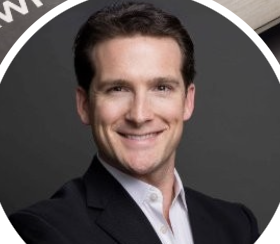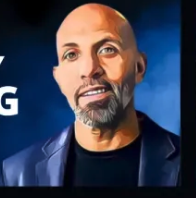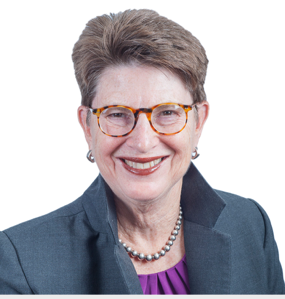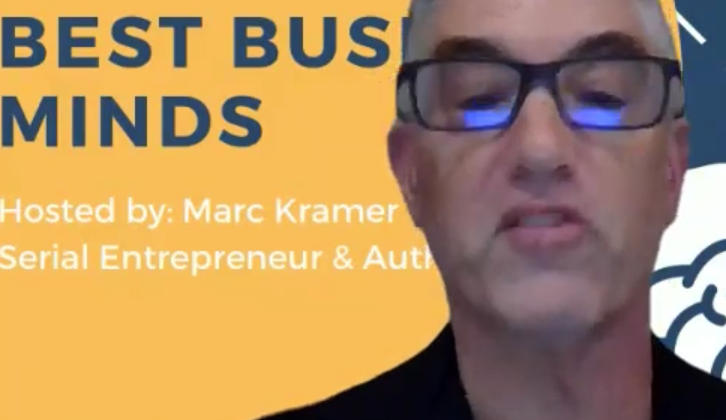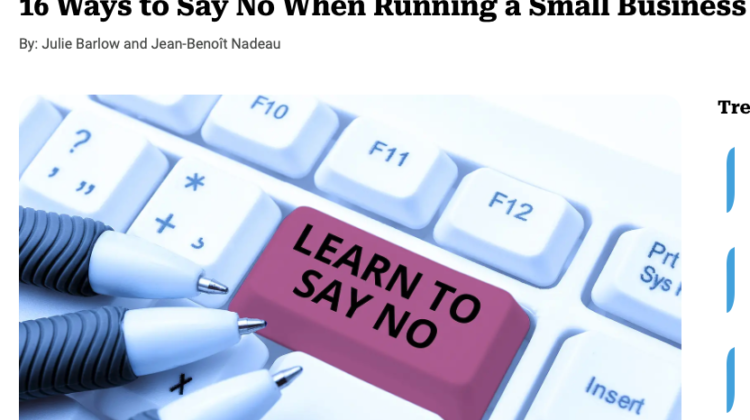We published an opinion piece about the November 13 terrorist attacks in Paris in the Huffington Post today. In our view, the French have a long fight ahead of them, and most of the battle will be inside France. Here’s why… France is Fighting it’s own Taboos
France Is Fighting Its Own Taboos
By Julie Barlow and Jean-Benoît Nadeau
France’s war against terrorism will be long and hard. That’s because it’s not just a war against external enemies. The investigation on the Paris attacks is forcing France’s political class to face three blind spots: the integration of immigrants, religion and Europe.
At least five of the eight terrorists who attacked Paris on November 13 were French nationals. All of them were children of immigrants; all were Islamist Muslims, and most used another European country as a rear base.
This discovery has raised difficult questions about immigration, religion and Europe. They are all the more difficult for the French because they find it hard to talk about them in the first place. In French politics, the topics themselves are taboos.
The ambitious project of the European Union was originally a French idea, and France’s political class embraced it wholeheartedly — in fact, too enthusiastically. For almost 50 years now, France’s left- and right-wing circles have made it anathema to publicly criticize the European Union. The result has been disastrous: vilifying Europe became the bread and butter of France’s far right, which has a virtual monopoly on talking about Europe. Voters who have legitimate concerns about Europe have had no other party to turn to. Outside of the National Front party, most French politicians just avoid the topic.
It is impossible, with an enterprise as wide reaching and transformative as Europe, to avoid raising serious concerns about security, immigration and borders. The tragic events of November 13th brought the risks and weaknesses of the Schengen zone to the forefront. One of the first things President François Hollande did was reopen 285 customs stations on France’s borders. In France’s regional elections, slated for December 6 and 13, the National Front — the only party in France that has ever talked openly about border control — will almost certainly reap the benefits of this. The rest of France’s political class will only have itself to blame.
The other blind spots of France’s political class are ethnicity and religion. France has no official statistics on either. France’s National Institute of Statistics simply does not have the right to ask citizens for information about either subject. This stems from World War II, when France used its own statistics on ethnicity and religion to identity Jews. After the war, the French just forbade collecting such information.
The result is, everything written about ethnic or religious groups in France is based on pure speculation. Demographers can only ask indirect questions. Ethnic identity and religion can only be inferred. So the French have no idea who French Muslims are, nor where they come from, where they live, or what kind of jobs they have — or don’t.
This state of affairs grew out of what was initially a generous principle: the French Republic’s doctrine of assimilation. The French view the notion of assimilation positively. For them, it’s a noble goal. The unfortunate byproduct of it the assimilation policy is that when immigrants become citizens, statistically, they become invisible.
The lack of concrete information about ethnicity and religion in France poses no obstacle to police work, but it makes it almost impossible for the French to create policies to tackle discrimination on the basis or religion or ethnicity. It’s no surprise that the French have put in place many affirmative action measures to promote women. They have statistics to work from.
For the last four decades, the French have had great difficulty addressing problems related to the integration of immigrants, mostly because even raising the idea is viewed with suspicion. Anyone who uses the terms “immigration” and “problem” in the same sentence is immediately identified with France’s far-right National Front party.
The problems themselves are no secret. Welcoming 200,000 immigrants per year, as France has done since 2002, is a challenge for any country. But it’s all the much harder in France, where the job market has steep entry conditions. To get a decent job in France, one pretty much needs a French diploma and perfect mastery of the language. These conditions, practically unattainable for newcomers, have turned France’s immigrants into a semi-permanent underclass — one that was largely ignored until riots broke out in the suburbs of Paris in 2005.
Although some of the terrorist suspects in the 2015 massacres were well integrated, most came from the petty crime world of France’s underclass. But France still lacks the tools to study the conditions that produced them.
So France’s war against terrorism will be as long and hard on the home front as it will be abroad. All the more so since the terror attack of Friday links domestic and foreign policy in a way that has not been felt for 70 years.
Julie Barlow and Jean-Benoît Nadeau are the authors of Sixty Million Frenchmen Can’t Be Wrong. Their new book The Bonjour Effect: The Secret Codes of French Conversation Revealed will be released in April 2016.


